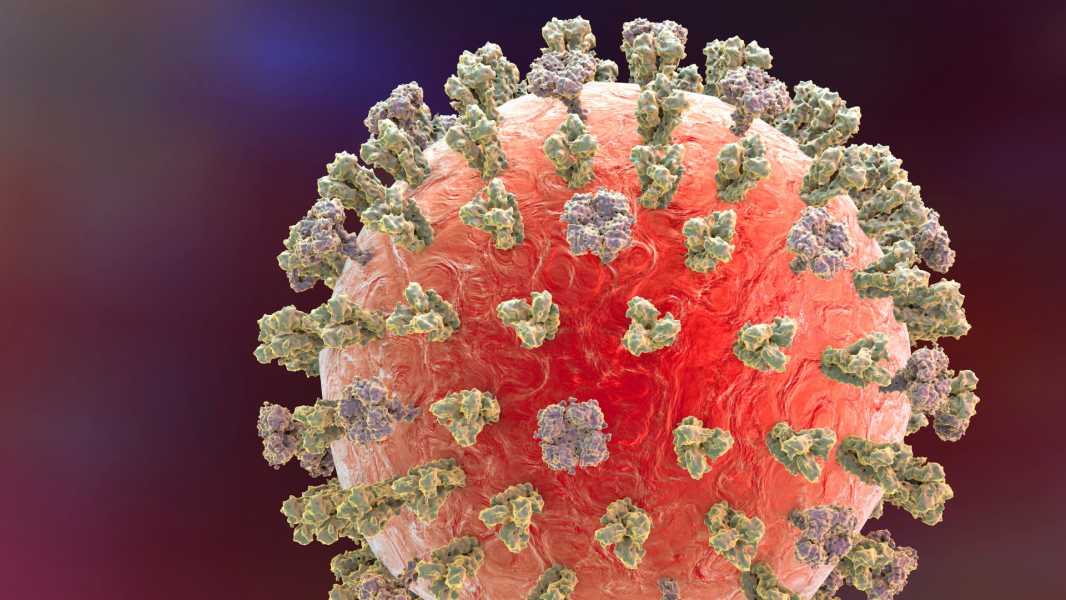
Gain-of-function research is often associated with work that could increase the risk of dangerous viral “lab leaks.” However, it is an important part of many research areas in biology and does not pose a serious threat. (Image credit: KATERYNA KON/SCIENCE PHOTO LIBRARY via Getty Images)
In May 2025, President Donald Trump signed an executive order restricting research on viruses and pathogens, known as gain-of-function studies. The National Institutes of Health is now moving to cancel many such studies, including some that scientists have deemed safe, according to Science magazine and The Washington Post.
Gain-of-function is a term often used to describe virus research that exposes society to the risk of infectious disease outbreaks for dubious benefit. Some research into new viruses may result in strains that can infect humans, but that does not necessarily mean the research is dangerous or useless. Concerns have focused on laboratory research into the virus that causes bird flu in 2012 and the virus that causes COVID-19 since 2020.
The risk of a genetically modified virus escaping the lab should be taken seriously. However, this does not mean that gain-of-function experiments are inherently dangerous or are only carried out by mad scientists. In fact, gain-of-function techniques are an important tool in biology, used to study more than just viruses and contributing to many, if not most, of the modern discoveries in the field, including penicillin, cancer immunotherapy, and drought-resistant crops.
You may like
-

'Vaccine Rejection Has Been Around as Long as Vaccines': Science Historian Thomas Levenson on the History of Germ Theory and Its Deniers
-

The WHO has drafted the world's first pandemic agreement, but the US is not signing it.
Sourse: www.livescience.com





